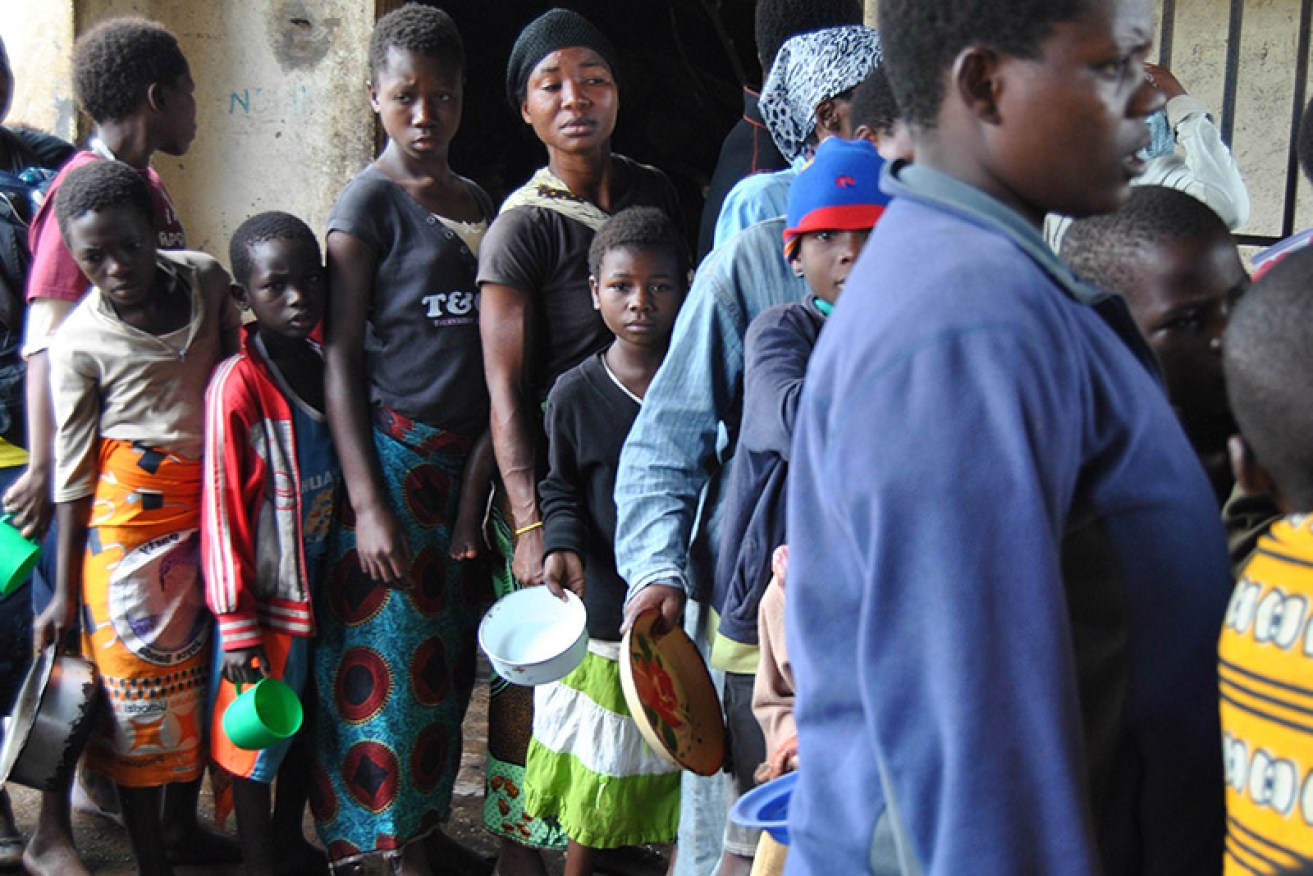Malawi floods: fears for thousands

At least 176 people have died in flash floods and 110,000 people have been displaced, with the death toll feared to rise further, Malawi authorities say.
Heavy rain over the past month swept away many houses, destroyed roads, bridges and crops and caused residents to flee to higher ground, with some crossing the border to Mozambique.
“So far, the death toll stands at 176 people and we fear the number will rise because several are missing and some parts are inaccessible,” vice president Saulos Chilima said.
Earlier this week, the government declared a third of the country to be a disaster zone and appealed for help.
The United Nations’ World Food Program (WFP), one of several relief agencies rolling out assistance, said further rain forecasts meant the number of displaced people was likely to rise.
The agency was airlifting more than 90 tonnes of high-energy biscuits to meet the immediate needs of those affected.
“Ready-to-eat food will be prioritised for the most vulnerable people, particularly children, who have been displaced from their homes and have no access to food or cooking facilities,” WFP said.
The crop damage has raised fears of a poor harvest. Last year, Malawi’s farmers harvested 3.9 million tonnes of the staple crop, maize, providing a surplus of almost one million tonnes.
“What the country has witnessed is only the beginning of the onset of rains,” Paul Chiunguzeni, principal secretary for Disaster Management Affairs, said in a statement.
“The government is urging people living in flood-prone districts to urgently relocate to upland areas to avoid losing more lives.”
He said about 1,180 flood victims stranded on patches of high ground in the flood-prone south had been evacuated since rescue missions with military helicopters and boats were launched on Thursday.
The country’s sole electricity provider Escom lost 35 per cent of its power when it had to shut down two of its five power stations located on the Shire River due to rubbish and silt choking the water entry points of the machines.
A lot of preparation activities have been taking place for the rainy season, but no matter how well prepared one could have been, the extreme amount of rainfall would have led to this situation.
Hein Zeelie, UN Office for the Coordination of Humanitarian Affairs
African Union chairperson Nkosazana Dlamini-Zuma said the organisation would give the “highest priority to providing modest humanitarian assistance” to Malawi “as soon as possible”.
Five major roads in the south have been closed after bridges were washed away, including some on the road to the prime tourist destination of Mangochi on the shores of Lake Malawi.
This made an access to the hardest-hit areas “extremely difficult”, the WFP said.
Hein Zeelie of the UN Office for the Coordination of Humanitarian Affairs (OCHA) said the central and northern parts of the country were the agency’s next concern “as we are expecting heavy rains for those areas for the next week”.
“A lot of preparation activities have been taking place for the rainy season, but no matter how well prepared one could have been, the extreme amount of rainfall would have led to this situation.”
Floods bring risk of cholera, typhoid
The government has also warned of the impact the floods would have on health services, fearing the spread of water-borne diseases.
“The health care system will be disrupted as people will not get services and some might have lost their drugs including anti-retrovirals (to fight HIV). Children will not be vaccinated,” said Malawi’s health ministry spokesman Henry Chimbali.
“Sanitation will be compromised now with waterborne diseases such as cholera, dysentery and typhoid likely to occur.”
President Peter Mutharika has called the floods a “national tragedy that urgently needs both local and international response”.
The wet weather has also wreaked damage in neighbouring Mozambique, which has been hit by catastrophic floods in the past.
Bridges have collapsed and the newly elected government has declared a “red alert” in central and northern areas.
South Africa has sent military helicopters, divers and medics to assist with rescue and relief efforts.
ABC, wires








